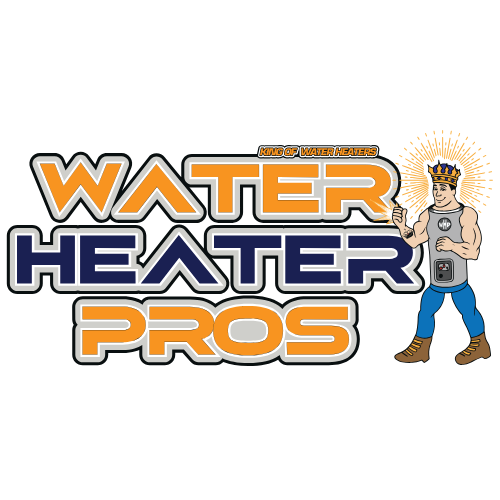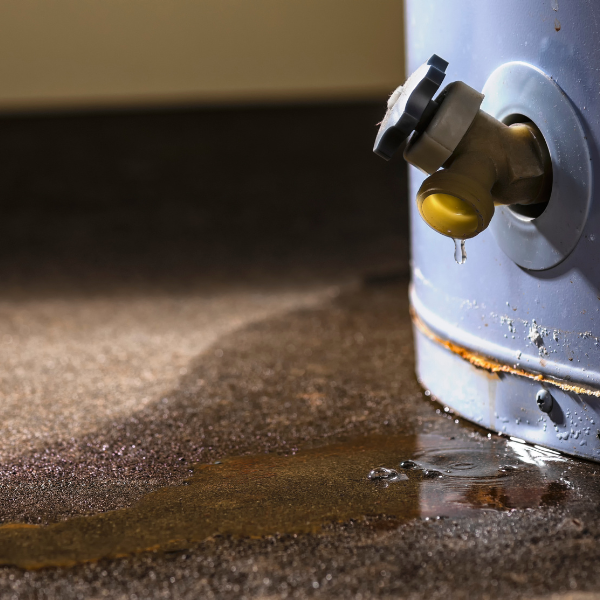Unidentified pools of water in a home are never a good sign. Likewise, determining just where they came from isn’t always easy. For example, if homeowners notice standing water near their water heater, the appliance might have leaks.
Leakages can not only render the appliance inefficient, but they can cause damage to the property, so inspecting the appliance is highly recommended. Here’s how to tell without delay if a water heater is leaking and it’s time to call professional help.
LISTEN FOR THE SIGNS
Water puddles may not be the first signs of a leaking water heater. However, the sound of dripping or rushing water may provide a warning before the water has time to pool and wreak its havoc. Homeowners should turn off other noise sources and listen to these sounds around their water heater.
If the water heater produces odd noises, it’s worth checking for sediment buildup. The water heater may not be leaking yet, but it may still have internal damage.
CHECK THE TEMPERATURE
Another sign of a potential leak is a change in the water heater’s efficiency. Is the water coming out merely lukewarm? The appliance may not be working correctly, struggling to heat the water. If the issue persists, having a professional check the appliance is recommended.
LOOK FOR RUST
A water heater will typically show wear and tear after years of use. Premature corrosion is another reliable sign that a water heater may be leaking. Check whether the water heater’s exterior is rusty. Rust can result from a constant leak, which naturally requires intervention.
CHECK COMMON LEAK SPOTS
A puddle underneath the water heater is a pretty good sign that it’s leaking somewhere. Where the leakage is, however, isn’t always straightforward. Start by checking the most common leakage spots, which include the following:
THE FITTINGS
The fittings where water enters and exits the water heater are especially vulnerable to leaks. If water starts seeping here, it can pool on top of the water heater, leading to damage.
THE VALVES
The temperature, drain, and pressure relief valves are common leaking spots.
A leaking pressure relief valve might not necessarily mean the water heater is compromised. Lowering the water temperature so the thermal expansion inside the tank isn’t as extreme might solve this issue.
The drain valve at the tank’s bottom can also be a source of leaks if it hasn’t been shut off properly or has come loose. It may need a replacement if tightening it doesn’t stop the leakage.
THE TANK
Finally, if there’s significant leakage, the water heater’s inner tank may be at fault. Unfortunately, the appliance needs replacement if this component is damaged.
THE NEXT STEPS
A few drops of water might not immediately be a reason for worry. However, it’s still better to check for leakages early to prevent significant damage. If the water heater requires service, it’s time to call the professionals.
Water Heater Pros provides water heater installation and replacement services for Las Vegas and surrounding area residents and businesses. Our expert technicians install both traditional and tankless water heaters for homes and other buildings with gas or electric service. We offer the highest quality installers for efficient, versatile water heaters such as Rheem. Ruud, high-efficiency tankless Navien units, and more. Ask about our installation specials.

